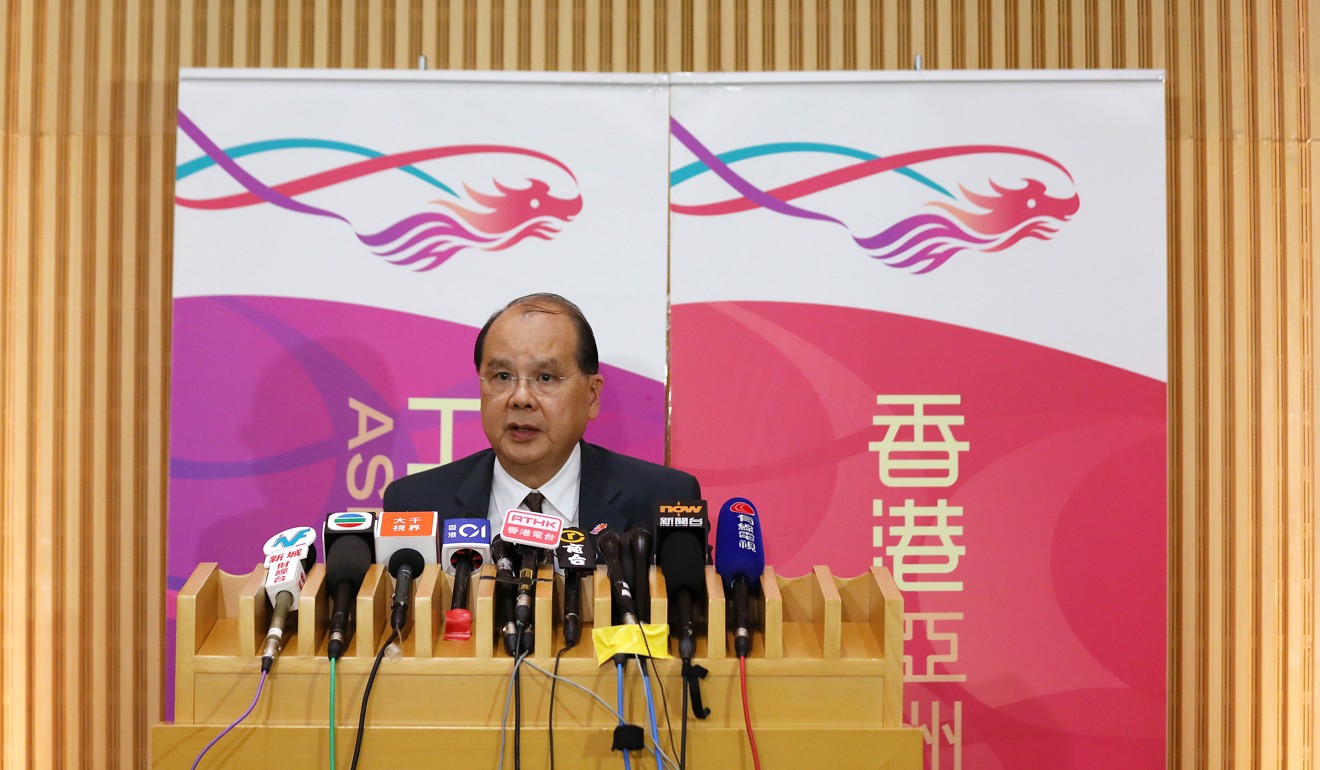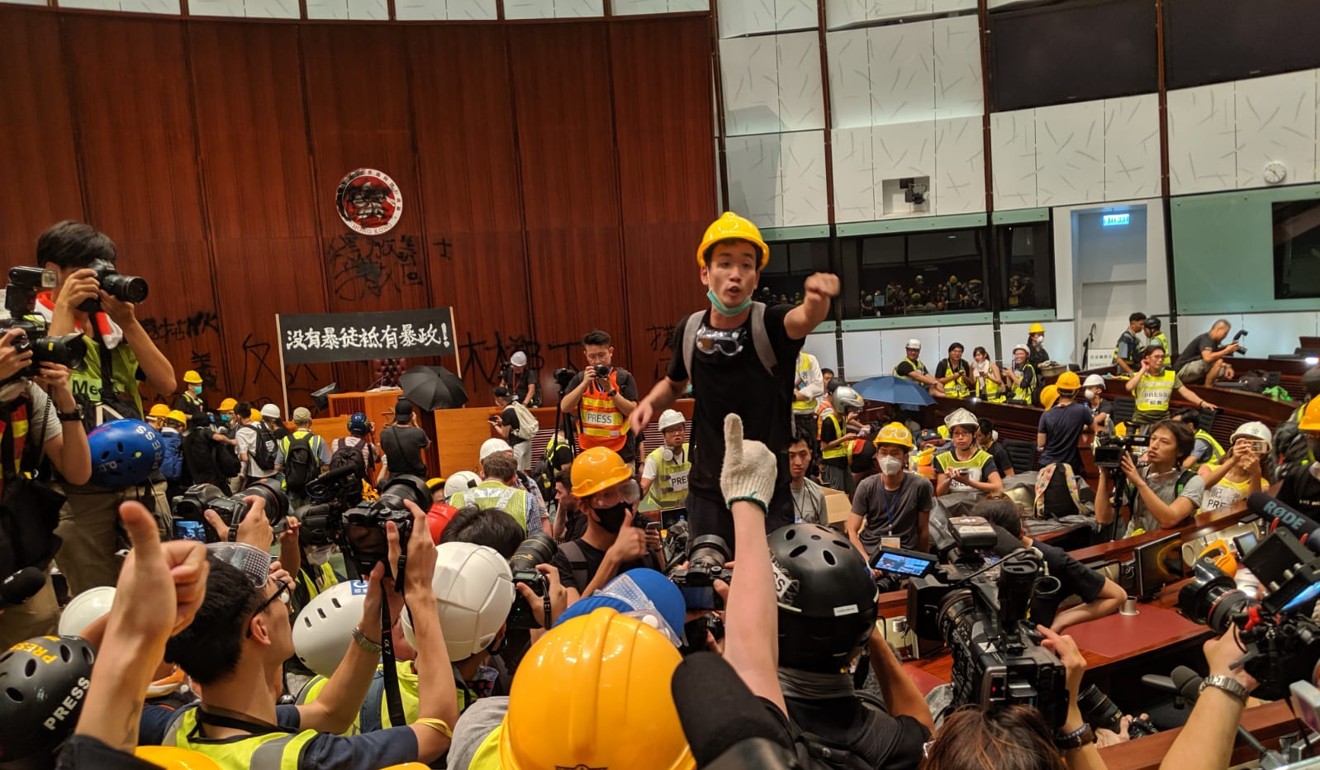
Carrie Lam’s top ministers venture online for charm offensive on Hong Kong’s young people following extradition bill protests
- Five officials use blogs to champion government’s new leadership style in what appears to be coordinated campaign
- Government hopes more consultative approach will appease mostly young protesters who have raged against political leaders
Hong Kong’s top officials went online en masse on Sunday to promote the government’s new leadership style and willingness to reach out to young people, on the day another major protest filled city streets.
Five ministers, including the government’s No 2 official, Chief Secretary Matthew Cheung Kin-chung, posted articles on their official blogs, promising the government would be more responsive to public views.
The move came days after Hong Kong leader Carrie Lam Cheng Yuet-ngor pledged to reform the way her government listens to the people, in the wake of a series of anti-government protests, which were mainly led by youngsters and sparked by anger over her administration’s handling of the extradition bill.

But one academic suggested her ministers were using outdated online platforms, meaning they would struggle to connect with their target audience.
In a piece posted on his official blog on Sunday, Cheung emphasised the governing team would “listen more and step up communication with members of the public from all walks of life and with different backgrounds on various policies or social topics” under its new style of governance.
Tens of thousands hit Kowloon streets in latest extradition bill protest
Cheung also stressed the government attached a great deal of importance to youth development, citing education in which the government allocated some HK$90.6 billion funding (US$11.6 billion) in 2019-20, which accounted for more than one-fifth of the government’s total recurrent spending.
In her blog piece, titled In Fairness We Act for Justice We Serve, justice minister Teresa Cheng Yeuk-wah also said she and her colleagues in the Department of Justice were “working together to tie in with the government’s new style of governance by strengthening exchanges with legal practitioners and professionals in the dispute resolution sector”.
But Cheng also asked people to “fulfil your civil duty by refraining from any lawbreaking behaviours especially violent acts or vandalism”. She added: “Collaboration in maintaining law and order is the key to the upholding of our rule of law.”
Financial Secretary Paul Chan Mo-po also said the government must gain a deep understanding of how to build better channels of interaction with citizens.
“I hope we can stand together to protect and build Hong Kong, a home that we all love,” Chan wrote in his blog piece.

Secretary for Labour and Welfare Law Chi-kwong also said the government had been striving to offer more opportunities for young people.
He said the government appreciated not all its policies would be popular but added: “The whole governing team would double its efforts to communicate with stakeholders and incorporate the views of the society”.
Angry Hong Kong students reject leader’s offer to talk
Michael Wong, the development minister, also said in his blog it would take time to heal relations and he also promised to listen to public views with a “humble heart and the most sincere attitude”.
But political affairs observer, Chan Wai-keung, of Polytechnic University, said: “When people have moved to use other instant messaging platforms, our officials are still making use of official blogs.
Education officials defend liberal studies after Tung attacks subject
“And those pieces are more like press statements produced by bureaucrats than a blog piece written by a normal human being.
“I am not sure how many young people in Hong Kong would bother to click into the officials’ blogs to read the articles,” said Chan, citing Donald Trump’s use of Twitter as a good example of effective use of online platforms.

